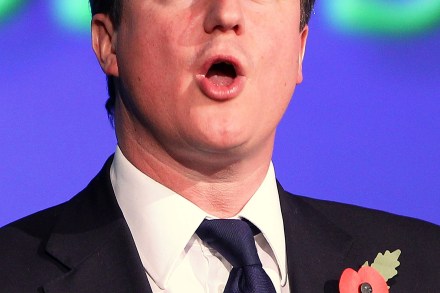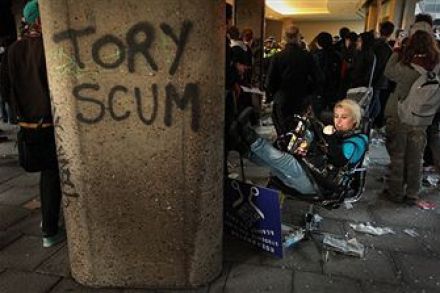The First 2012 Debate
Will be held next spring at the Reagan Library. So soon! What joy! Andrew Sullivan notices that Hugh Hewitt thinks it’s terrible that the questions will be asked by “mainstream journalists”. Hewitt wants “different kinds of journalist” to set the agenda. By different he means the likes of Rush Limbaugh, Sean Hannity Mark Levin and Michael Medved. Andrew complains, hyperbolically to be sure, that this is “like Stalin being grilled by the Politburo”. But actually, I would be interested in watching a Presidential debate moderated by the likes of Limbaugh and Levin and co. Lord knows, there will be plenty of opportunities for Wolf Blitzer and Brian Williams and the


















